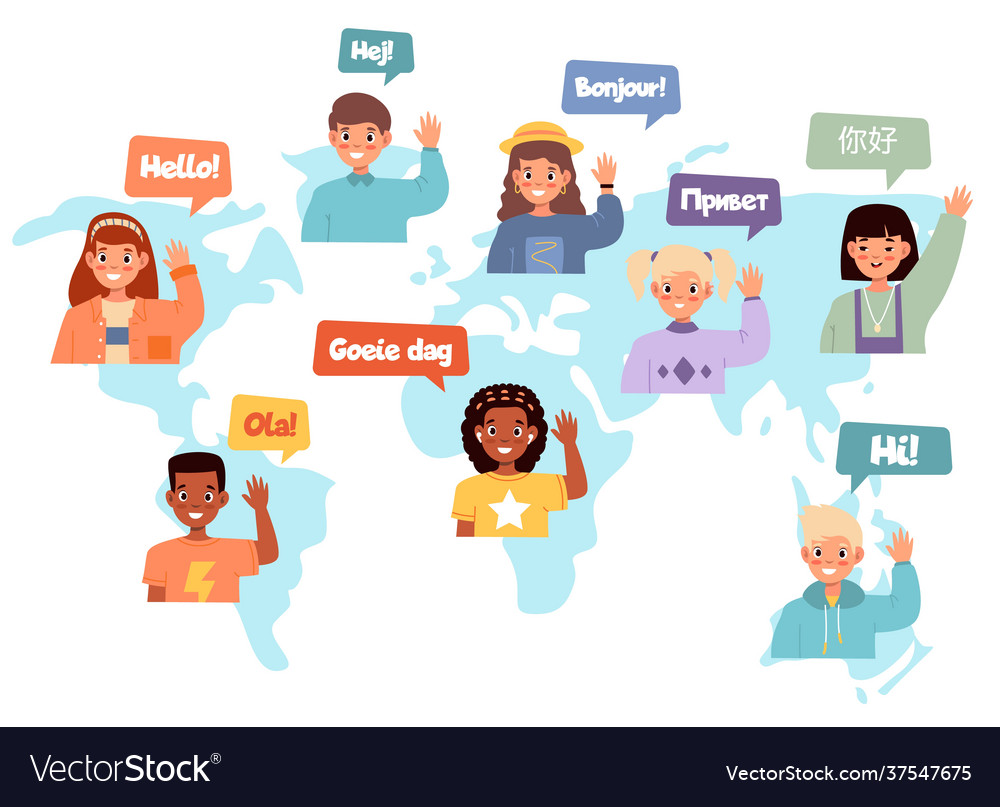
MBZUAI Unveils Five Revolutionary AI Models
In a groundbreaking move, Mohamed bin Zayed University of Artificial Intelligence (MBZUAI) has introduced five cutting-edge AI models, each poised to revolutionize various industries with their innovative capabilities.
The AI Models
- BiMediX: The world’s first bilingual medical mixture of experts LLM, BiMediX, has set a new standard by surpassing existing LLMs in medical benchmarks in both English and Arabic. This model opens doors to a myriad of applications including virtual healthcare assistants, telemedicine, medical report summarization, clinical symptom diagnosis, and mental health support.
 Medical Technology
Medical Technology
-
GLaMM: Introducing GLaMM, a pioneering LMM that delves into generating natural language responses related to objects within images at a pixel-level precision. This breakthrough offers advancements in automated image captioning, object reasoning, and object manipulation within images, with applications spanning e-commerce, fashion, smart cities, and home retail.
-
PALO: The world’s first multilingual LMM with visual reasoning capabilities in 10 major languages, PALO ensures linguistic accuracy even in low-resource languages. Its versatility extends to monitoring crops, wildlife recording, and aiding in search and rescue missions.
 Multilingual Communication
Multilingual Communication
-
GeoChat: Tailored for remote sensing scenarios, GeoChat emerges as the first grounded LMM excelling in high-resolution remote sensing imagery analysis. With region-level reasoning, it offers comprehensive scene interpretation, showcasing robust performance across various tasks like image captioning, scene classification, and visual question-answering.
-
MobiLLaMA: A transparent and open-source lightweight language model designed for resource-constrained devices like mobile phones. MobiLLaMA’s innovative parameter-sharing scheme reduces pre-training computing costs and memory footprint while maintaining multimodal capabilities.
Insights from MBZUAI
MBZUAI’s Acting Provost and Professor of Natural Language Processing, Professor Timothy Baldwin, emphasized the transformative potential of these models. He stated, “These models exemplify the Institute of Foundational Models’ commitment to translating cutting-edge research into practical applications that cater to diverse societal needs. By embracing multimodal approaches, these models offer a wide array of industry-specific solutions, aligning with the university’s vision of fostering knowledge excellence and dissemination.”
For further details on MBZUAI and its initiatives, visit MBZUAI.















